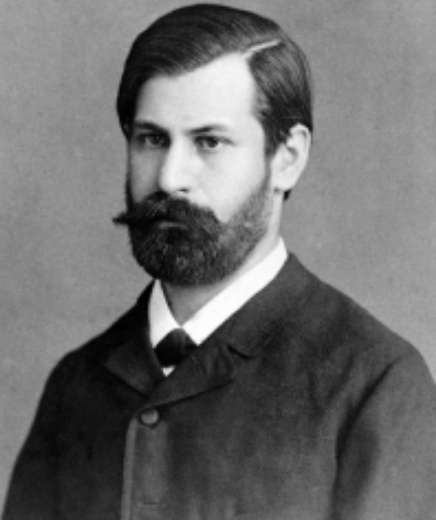On this date in 1856, Sigmund Freud was born in Moravia. He grew up in Vienna, where he lived until fleeing the Nazis in 1938. He earned a medical degree from the University of Vienna in 1881. He and Joseph Breuer co-wrote Studies in Hysteria (1895). Freud developed his theory on psychoanalysis, then wrote The Interpretation of Dreams (1900), The Psychopathology of Everyday Life (1904), Jokes and Their Relation to the Unconscious (1905), Three Essays on Sexual Theory (1905), Beyond the Pleasure Principle (1920) and The Ego and the Id (1923).
The Future of an Illusion (1927) is his masterpiece critique of religion, postulating that God is a projection of childish father-figure preoccupations, that prayer and religious ritual are obsessive-compulsive and that religion is a “universal neurosis.”
Freud followed that with Moses and Monotheism (1938), in which he wrote: “[Religion’s] doctrines carry with them the stamp of the times in which they originated, the ignorant childhood days of the human race. Its consolations deserve no trust.” Civilization and its Discontents (1929) also addressed Freud’s views on religion. In The Future of an Illusion he wrote that “in the long run, nothing can withstand reason and experience, and the contradiction which religion offers to both is all too palpable.”
In 1933 he collaborated with Albert Einstein on Why War?, a compilation of their memorable correspondence. Dying of mouth cancer after more than 30 operations, Freud ended his suffering with physician-prescribed morphine. (D. 1939)

